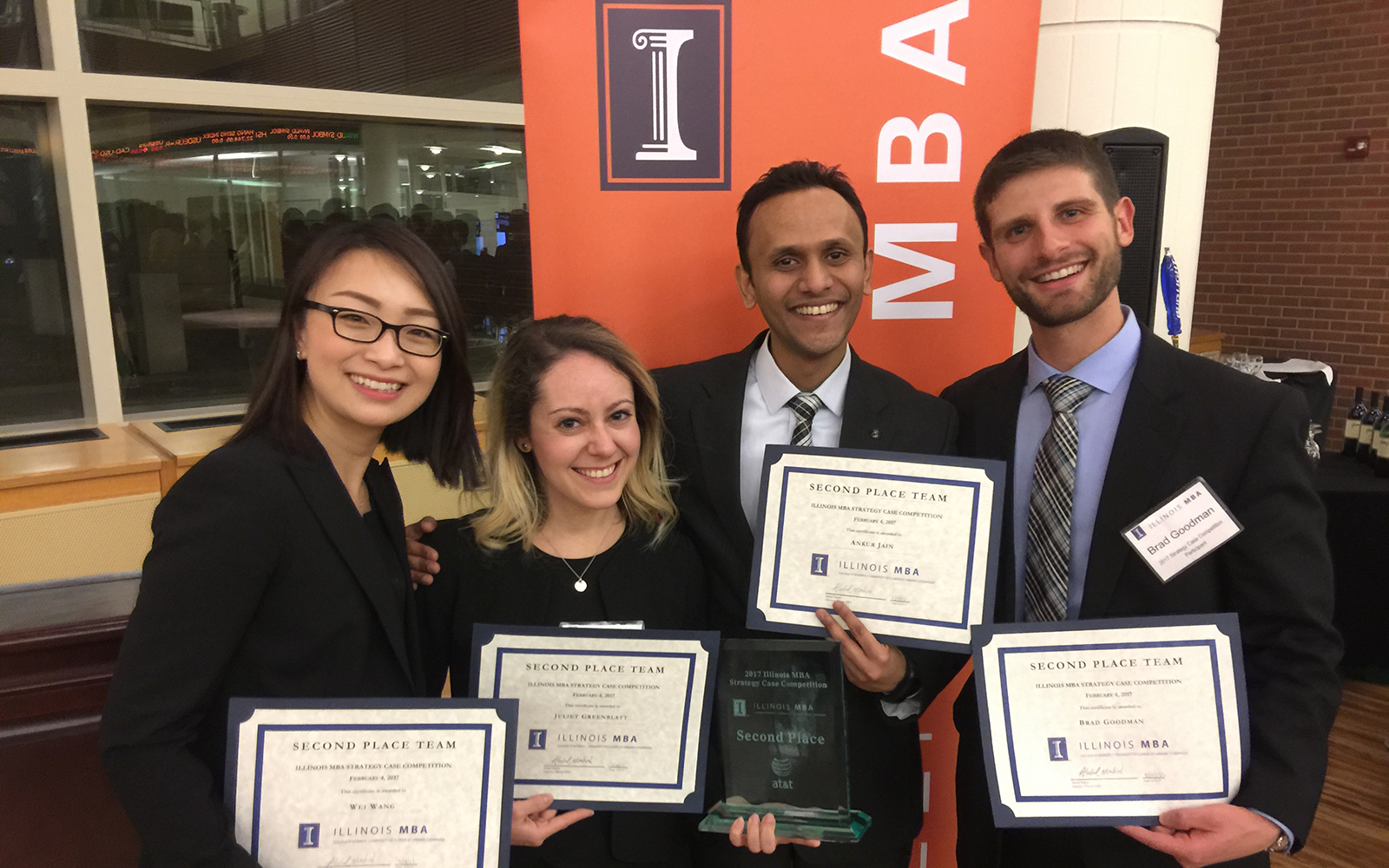Transforming Futures
In describing the UConn School of Business at this moment, 76 years into its accomplished history, the word “engaged” captures the essence. Our students, faculty and staff are engaged with each other, with our alumni, with the corporate community and with the University.
The School’s growth has been extraordinary, both in terms of enrollment and creating and maintaining vibrant, effective and relevant academic programs. We are transforming the future—of our students, our state, our industries and our world. There is much to celebrate.
We invite you to read the 2016 Dean’s Annual Report.





